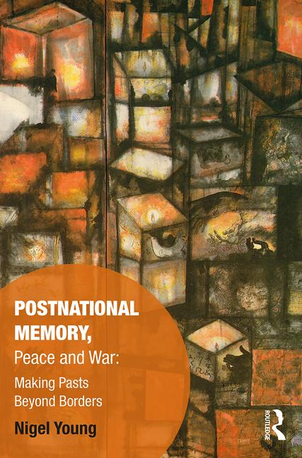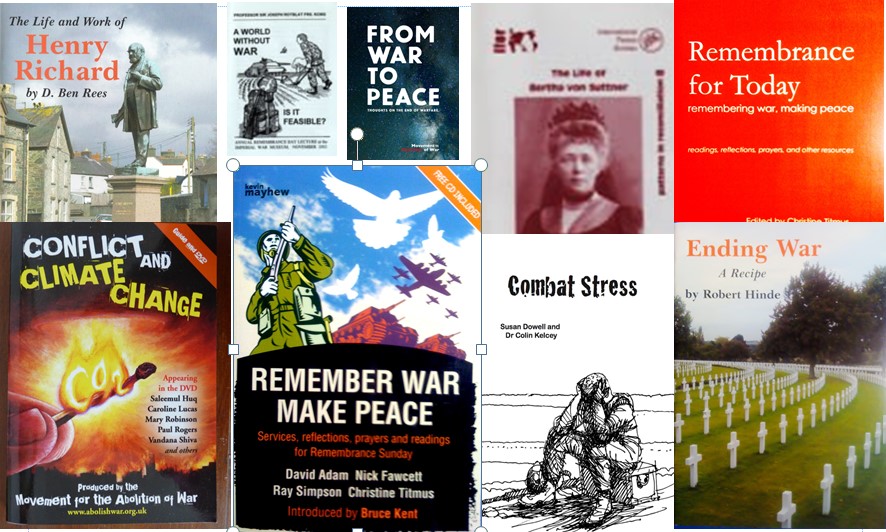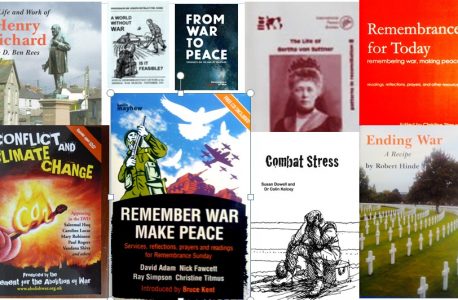
by Nigel Young
Routledge, 2019. 364 pp, 64 illus
Colin Archer
Memory is now a specialised field of its own and the author has spent much of his career deeply engaged in it, especially as it relates to modern war, genocide and mass violence – including nuclear weapons. Drawing on a huge range of examples from prose, poetry, film and theatre, painting, photography, music and the popular arts, he traces a narrative path through the tragic events of the 20th century. In this way, Young sketches out a history of modern remembering and explores the formation of a ‘transnational’ (or ‘postnational’) historical awareness, as an alternative to purely national narratives and imperial, militarist or ethnocentric histories. He takes us to ‘sacred’ sites (Auschwitz, Hiroshima and many more) and intersperses the more theoretical passages with telling personal ‘vignettes’. This remarkable work is intense and deeply felt; not always an easy read, but one that repays the effort.
Nigel Young is Professor Emeritus of Sociology and Research Professor in Peace Studies at Colgate University, USA. He is editor in chief of the Oxford International Encyclopedia of Peace and author of several important works on memory and modern peace-making.



